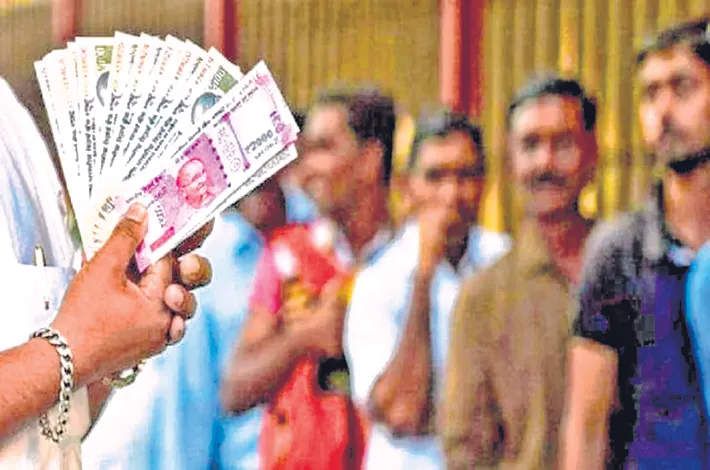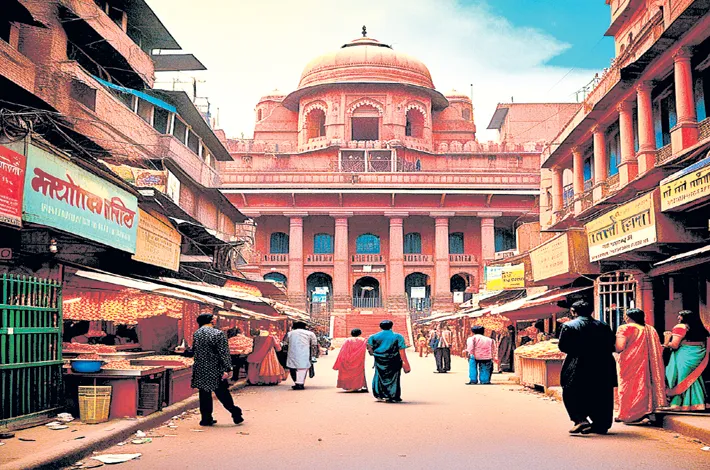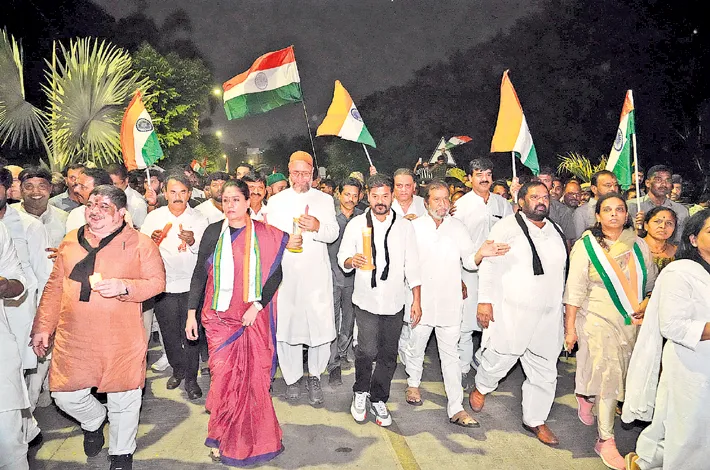Strategic patience key to India's rise amid geopolitical challenges
30-12-2024 12:00:00 AM

Focus on growth, education, and healthcare to counter regional instability and secure national strength.
A new axis has emerged in our neighbourhood, threatening to intensify India’s geopolitical challenges by 2025. This is the Pakistan-China axis, now joined by Bangladesh—a nation born in 1971 with India’s support after Pakistan’s genocidal crackdown in East Pakistan.
Recent political upheavals in Bangladesh, marked by the fall of the Sheikh Hasina government and her flight to India in August, have empowered fundamentalist Islamic forces. These groups have targeted the Hindu minority, fueling anti-India sentiment.
With Nobel laureate Mohammad Yunus leading the interim government, Bangladesh has warmed to Pakistan and China, signaling a shift in its foreign policy.
India’s deep ties with Bangladesh, however, remain resilient. The current animosity is likely temporary. Prudence, pragmatism, and patience are essential for navigating this period of turmoil. India must remain firm yet restrained, ensuring long-term stability in bilateral relations.
India’s response to external threats—such as China’s unprovoked assault in Galwan, Ladakh, in 2020—has underscored the need for strategic patience. Strengthening domestic foundations like poverty alleviation, education, healthcare, and economic growth is paramount to bolstering national security.
India’s strengths lie in its youthful, tech-savvy population, robust democratic institutions, and fluency in English—the global lingua franca. Key growth sectors include IT, biotechnology, space technology, AI, fintech, and healthcare services. India’s potential to create world-class universities, exemplified by Symbiosis International University’s Dubai campus, highlights its educational prowess.
The nation’s manufacturing sector, particularly two-wheelers and auto-ancillaries, continues to drive economic growth. With widespread 4G and 5G connectivity, tier-2 and tier-3 cities can emerge as powerful growth engines. Maharashtra’s cities like Nagpur, Nashik, and Aurangabad exemplify this potential.
History shows that well-planned cities can catalyze economic transformation. Andhra Pradesh Chief Minister N. Chandrababu Naidu’s success in creating Cyberabad as Hyderabad’s tech hub demonstrates this principle.
His current focus on reviving Amravati as Andhra Pradesh’s capital deserves robust central support, as new cities generate wealth through employment, enterprise, and innovation.
India must prioritize unity and inclusive growth. Leaders like Uttar Pradesh Chief Minister Yogi Adityanath must bridge societal divides, treating minorities with dignity and fairness. India’s strength lies in its multicultural, multi-religious fabric, enshrined in the Constitution. Upholding these values is crucial to maintaining social harmony and national cohesion.
By addressing core issues—economic growth, education, healthcare, and urban development—India can rise as a formidable power capable of countering regional challenges. Strategic patience will not only strengthen the nation internally but also position it to manage geopolitical complexities in its neighborhood.








